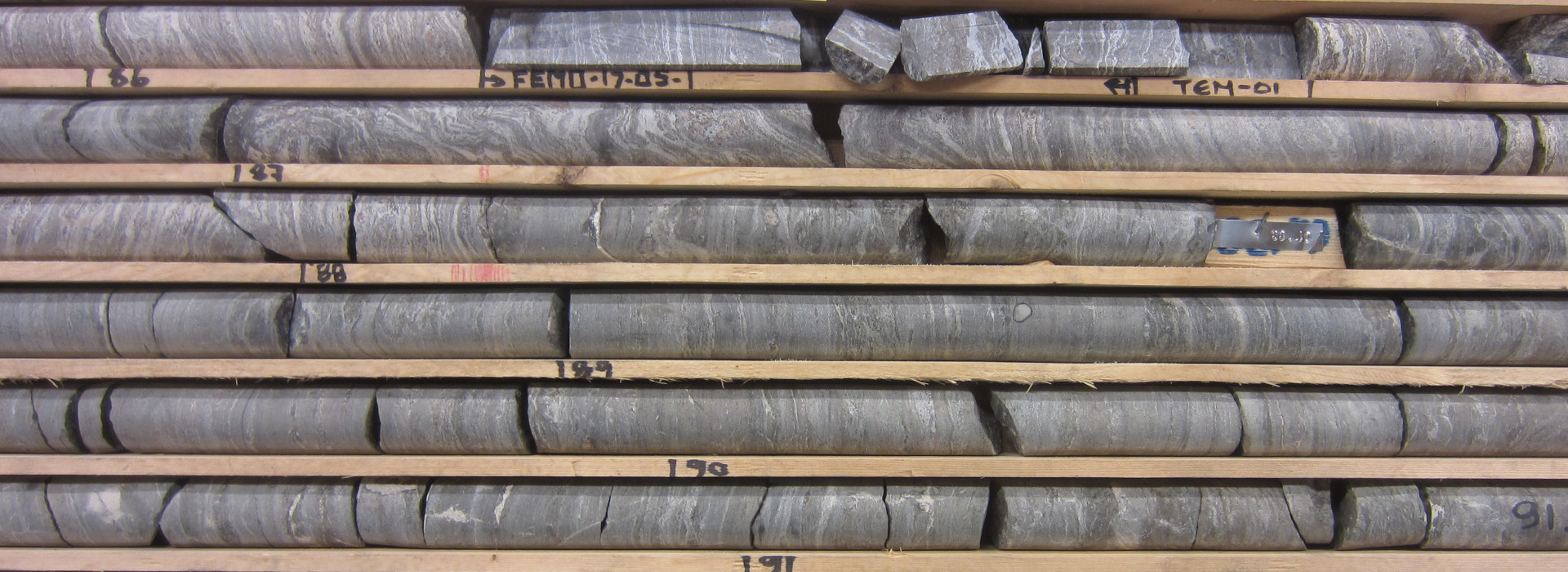Methodenentwicklung zur Ermittlung der Desinfektionseffizienz von Ballastwasser- und Trinkwasserbehandlungsanlagen unter Nutzung optischer Eigenschaften von Phycocyanin und Chlorophyll
- Supervisor:
- Person in Charge:Christian Moldaenke
Contaminated sites affect groundwater, which is one of the most important drinking water resources worldwide. Chloroethenes are the most frequent compounds and particularly persistent and harmful. Therefore, remediation strategies for the removal of these pollutants from groundwater and soil are necessary. The use of natural biodegradation is being increasingly considered as a promising, sustainable, environmental-friendly and cost-efficient alternative to physico-chemical measures (such as chemical oxidation and carbon adsorption).
The metabolic aerobic degradation of trichlorethene (TCE) has been demonstrated recently and represents a promising strategy to remove TCE at contaminated sites. Compared to the common anaerobic and co-metabolic aerobic pathway it has the advantages of:
- requiring only oxygen and no auxiliary substrates.
- forming only inorganic end-products and no hazardous metabolites or side reactions.
The studies will investigate the natural occurrence of the metabolic TCE biodegradation. So far, the process was only observed in the southwest of Germany. Groundwater samples from different contaminated sites will be tested to evaluate the intrinsic capabilities. Furthermore, bioaugmentation studies will be conducted to stimulate the aerobic remediation process by adding TCE degrading enrichment culture.
Batch experiments will be performed to determine the kinetic parameters of the metabolic aerobic TCE degradation. These parameters are crucial input data for numeric models to predict the fate of the contamination plume and are still unknown for this newly discovered pathway.
Furthermore, studies will be conducted to test and to develop biomonitoring methods for the aerobic oxidative dechlorinating microbial community. There is still a lack of available specific tools for monitoring this biodegradation process at field sites.
The work will be carried out at TZW Karlsruhe and link to the German-Israeli cooperation project BioChlor. For more information visit:
https://tzw.de/en/projects/project-details/detail/entwicklung-von-molekularbiologischen-monitoringmethoden-und-bioaugmentation-fuer-den-aeroben-bioabbau-von-chlorethenen-in-grundwasser-deutsch-israelische-wassertechnologie-kooperation-biochlor.
